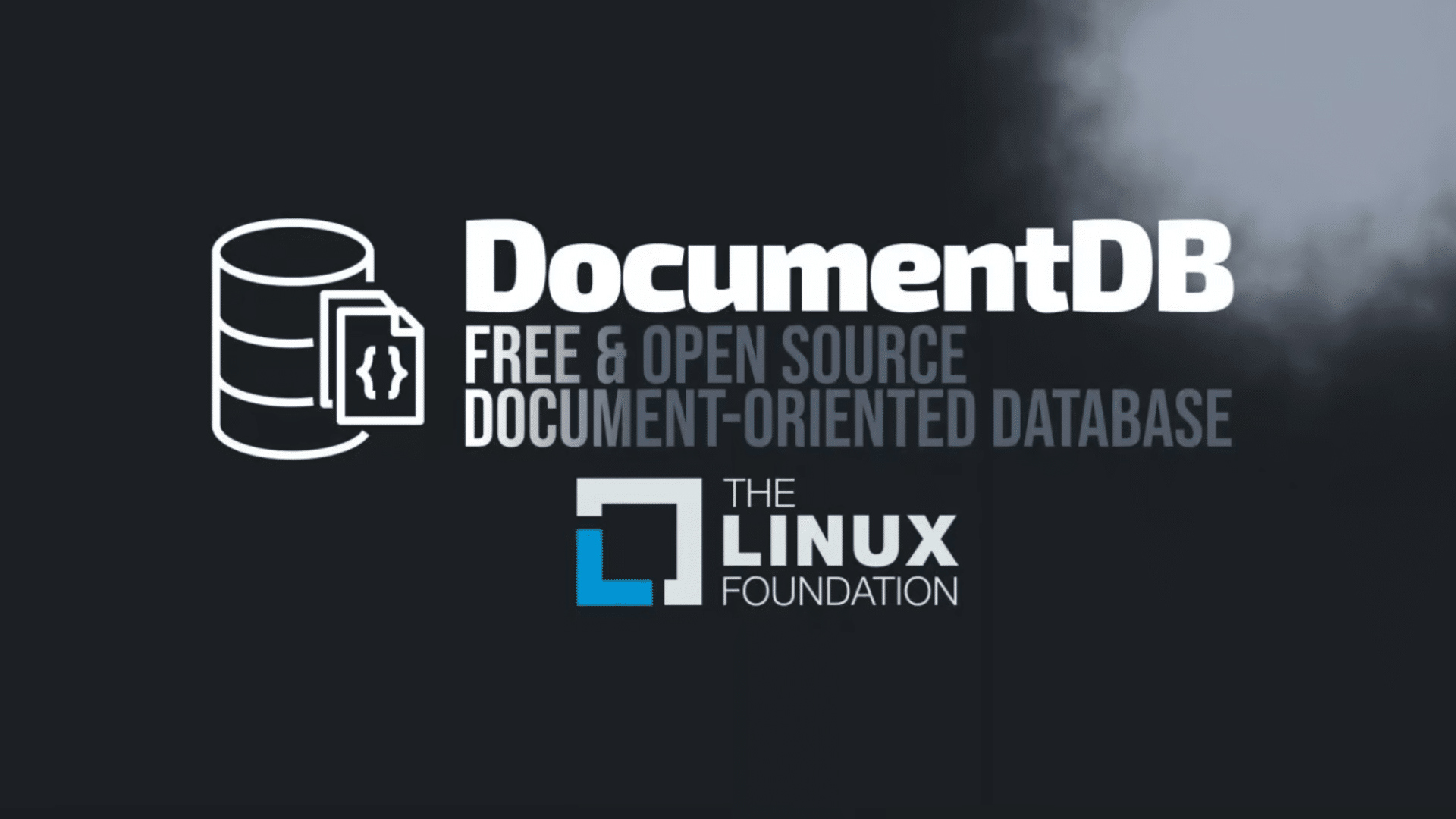Microsoft, Google, and AWS Support Linux Foundation’s DocumentDB Initiative

The landscape of open-source databases is undergoing a significant transformation with the introduction of DocumentDB, a project that began as a PostgreSQL add-on and has now evolved into a standalone initiative under the Linux Foundation. This shift marks a pivotal moment for document databases, as DocumentDB aims to bridge the gap between traditional relational systems and modern NoSQL solutions. With backing from major tech players like Microsoft and Amazon Web Services, DocumentDB is poised to offer developers a flexible and powerful alternative in the database ecosystem.
Evolution of DocumentDB
DocumentDB’s journey began in 2024 as a pair of PostgreSQL add-ons designed to manage BSON data models and document queries. Within a year, it transitioned into a fully-fledged database while retaining its reliance on PostgreSQL’s robust ecosystem. This unique combination of relational and document-oriented features makes DocumentDB appealing to developers seeking a unified interface. Kirill Gavrylyuk, a vice president at Microsoft, emphasized the project’s goal: to provide an open document database that combines the flexibility of NoSQL with the reliability and power of PostgreSQL. The adoption of DocumentDB under the permissive MIT license encourages broader community involvement, a move welcomed by industry experts.
Support from Major Tech Players
The transition of DocumentDB to the Linux Foundation has garnered support from significant players in the tech industry, including Amazon Web Services and Google. Their involvement signifies a rare moment of collaboration among major cloud vendors, especially in light of recent licensing disputes that have divided the database community. Adam Abrevaya, director of Amazon DocumentDB, expressed enthusiasm for contributing to the open-source project, highlighting the importance of an openly governed option for customers and the community. Similarly, Google Cloud’s Sailesh Krishnamurthy noted the significance of DocumentDB’s governance under the Linux Foundation, which aims to provide a transparent and community-driven alternative in the database landscape.
Challenges and Criticisms
Despite the optimism surrounding DocumentDB, some critics caution that the integration of document features into PostgreSQL may not fully address the inherent limitations of relational systems. Concerns have been raised about the potential influence of large vendors on the project’s direction, which could overshadow smaller contributors. Additionally, the rise of DocumentDB can be seen as a direct response to MongoDB’s recent shift toward more restrictive licensing models. While DocumentDB offers a permissive alternative, MongoDB continues to dominate the market, and its advocates argue that simply adding document capabilities to PostgreSQL does not equate to a native document database design.
The Future of DocumentDB
As DocumentDB gains traction, it presents a promising option for developers and enterprises alike. The project aims to establish a standardized, Postgres-based NoSQL solution that could simplify database management for various applications. Industry veterans believe that a more interoperable standard for document databases is long overdue, although the timing of this initiative raises questions. For developers working with Linux distributions or configuring programming environments, DocumentDB may serve as a valuable tool. However, its success will ultimately depend on its technical merits and the community’s ability to maintain a balance between the interests of large vendors and smaller contributors.
Observer Voice is the one stop site for National, International news, Sports, Editor’s Choice, Art/culture contents, Quotes and much more. We also cover historical contents. Historical contents includes World History, Indian History, and what happened today. The website also covers Entertainment across the India and World.
Follow Us on Twitter, Instagram, Facebook, & LinkedIn

